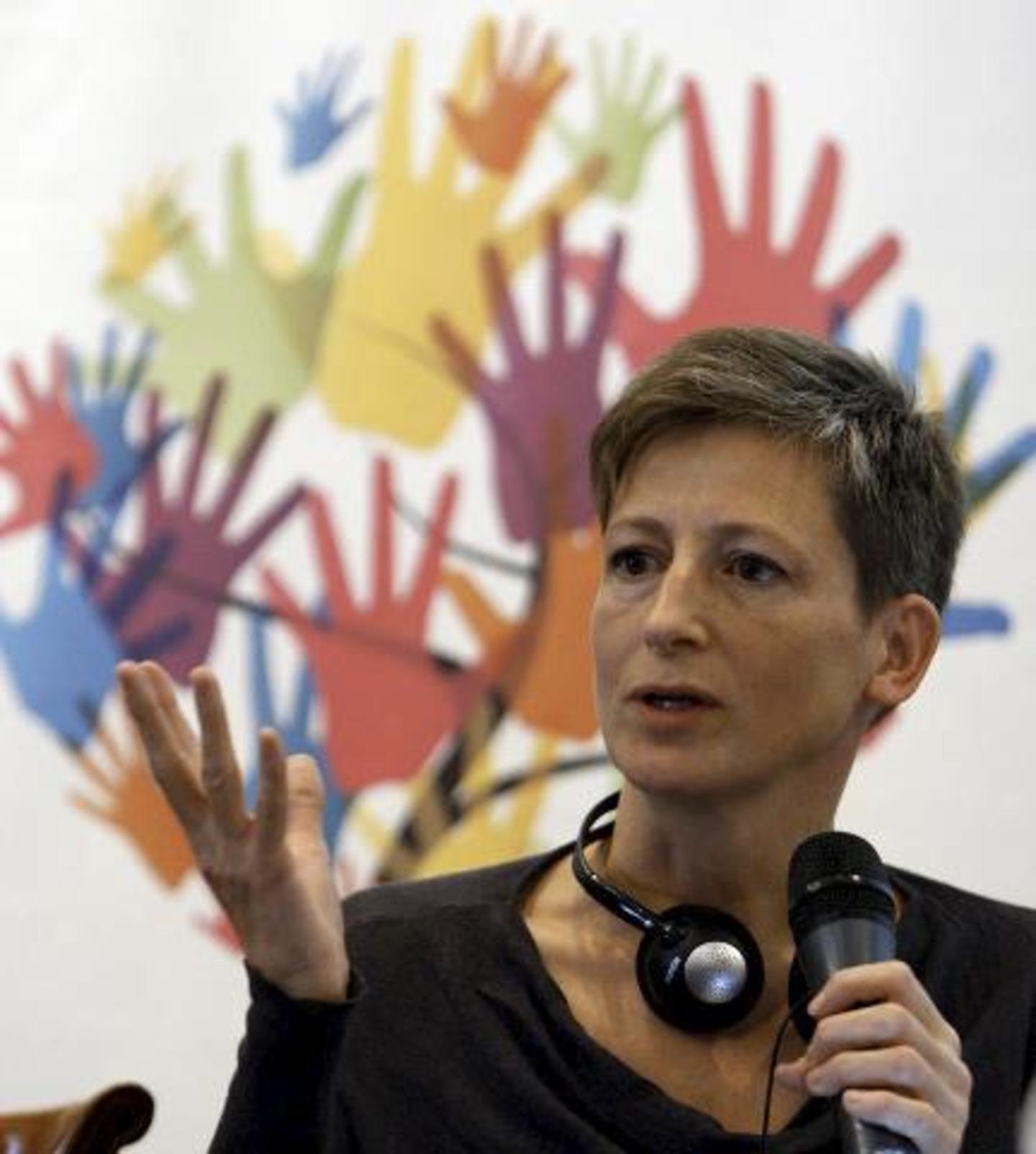Hate speech is a widespread phenomenon in Bulgarian public life and the work to address hate speech and xenophobia in the Bulgarian society continues.
Nearly half (45,6%) of Bulgarian citizens have in the last year witnessed statements expressing disapproval of, hatred or aggression against representatives of ethnic, religious of sexual minorities, according to a study conducted by Open Society Institute - Sofia (OSI) in July 2013. The data was presented at the conference ‘Hate speech and the role of the civil society’, which took place in Sofia on 28 November. The event was supported by the EEA Grants NGO programme in Bulgaria.
Instances of hate speech
Bulgaria’s Vice Prime Minister and Minister of Justice Zinaida Zlatanova opened the conference stating that Bulgaria is a tolerant nation, but that there exist a negative trend in the spread of hate speech. In the last months Bulgaria has experienced a rising number of instances of hate speech against immigrants, which were condemned in a joint declaration by the Prime Minister and the President.
Hate speech online
The OSI study shows that Roma are the most common victims of hate speech, while television is the most important factor for the proliferation of hate speech in Bulgaria. Among young and well-educated people, however, Internet plays a significant role in the propagation of hate speech.
“People share 170 billion pieces of information on the newsfeed on Facebook every day. Most of this is innocent, but there is a part of it, which is hate speech either according to the law or to the Facebook standard,” said Gabriella Cseh, head of policy in Central and Eastern Europe Facebook, while explaining the challenges in tackling hate speech online.
According to Mara Georgescu, Educational Advisor, Directorate of Democratic Citizenship and Participation in the Council of Europe, young bloggers and journalists should be trained to take stand and actively work against hate speech.
See photos from the event here.
Barrier to social cohesion
Reducing economic and social disparities in Europe is one of the objectives of the EEA and Norway Grants. Through different programmes and projects, the Grants promote tolerance, equality and multicultural awareness. Initiatives to tackle hate speech are supported mainly through the civil society and the NGO programmes. The NGO programme in Bulgaria has so far supported six projects that deal with hate related issues directly or indirectly. A second call for project proposals within the programme will be launched in early 2014, with democracy and human rights being the largest priority area.
“Hate is a barrier to social cohesion. Hate should not find refuge in any place in the EU and this is why we have to cope with hate crimes through consistent and coordinated activities all over Europe,” said John Kellock, Director’s Policy Advisor in the European Union Agency for Fundamental Rights.
Bilateral cooperation
Non-governmental organizations from two of the EEA Grants donor states - Norway and Iceland, attended the conference in Sofia and participated in a bilateral workshop with Bulgarian NGOs the next day. A special fund to encourage bilateral cooperation is available within the NGO programme for Bulgaria. The preparation of joint project proposals between organizations from the donor states and Bulgaria is supported through the fund. Read more about the matchmaking event.
More information
What the EEA and Norway Grants do to tackle hate speech
Overview of calls for proposals
Website of NGO programme in Bulgaria
Facebook page of NGO programme in Bulgaria
